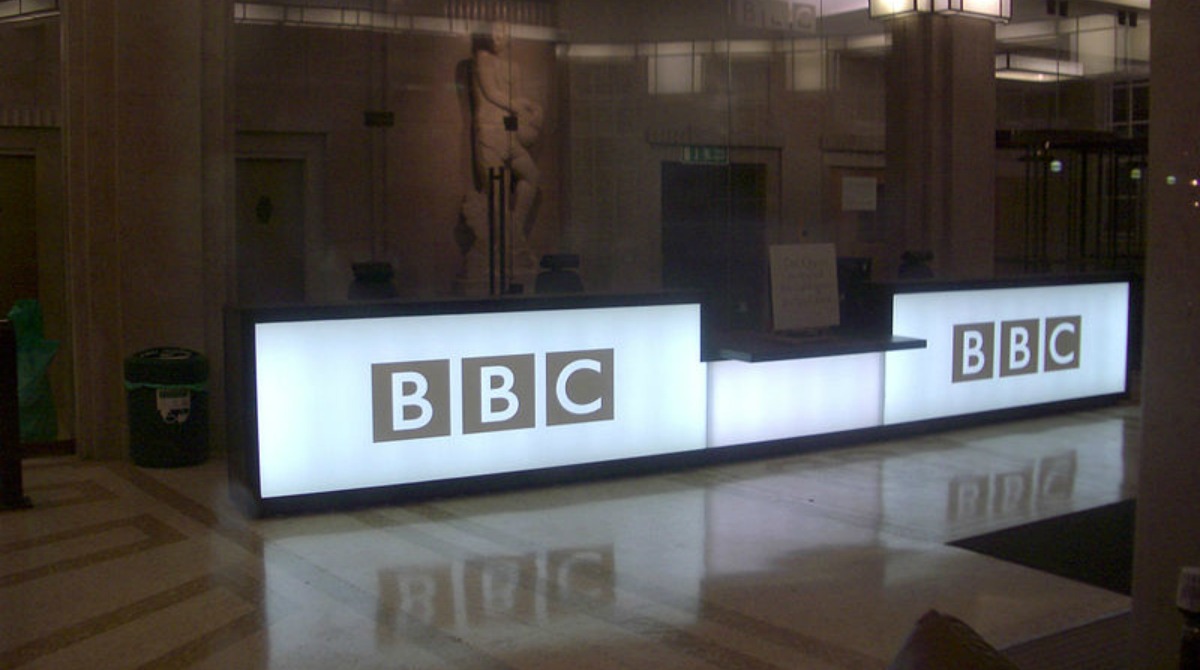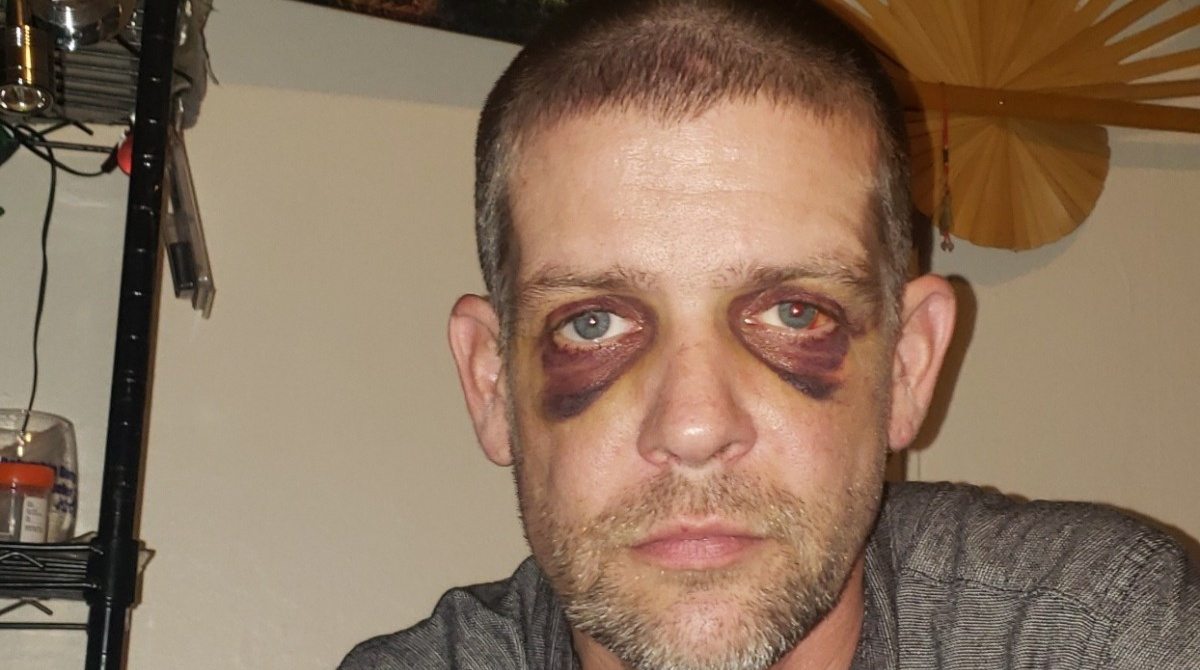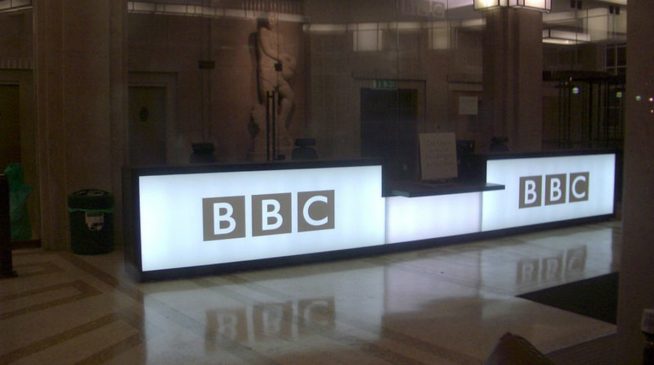Groupthink in the moral maze
On BBC Radio’s Moral Maze this week, we discussed “groupthink”, the term for opinions enforced by condign social pressure towards conformity. Those who don’t subscribe to this coerced consensus are being subjected to public denunciation, ostracism and dismissal from their jobs.
As the Maze website puts it: “Those accused of this kind of ‘groupthink’ reject that criticism and believe that all public figures should be held accountable for their views. Once made public, they argue, those views can have a direct and adverse impact on people’s lives, so they become everybody’s business.
“Should a person’s legitimacy in public life be judged as much on what they think as how they behave? Is it possible to separate thoughts from deeds or are they intimately connected? Has social media robbed us of the ability to tolerate diversity of opinion, or is this talk of ‘the thought police’ hysterical?
“Is ‘groupthink’, as we have come to understand it, irrational, divisive and dangerous? Or does it merely describe an age-old phenomenon: a group of like-minded people uniting to campaign for a better world?”
My fellow panellists were Giles Fraser, Anne McElvoy and Matthew Taylor. Our witnesses were Dalia Gebrial, a PhD student working on race and gender in the gig economy; Toby Young, author, journalist and founder of the Free Speech Union; Rt Rev Dr David Walker, Bishop of Manchester; and Dr Paul Taylor, senior lecturer in communications and cultural theory at Leeds university.
If you can access BBC iPlayer, you can listen to the programme here.




